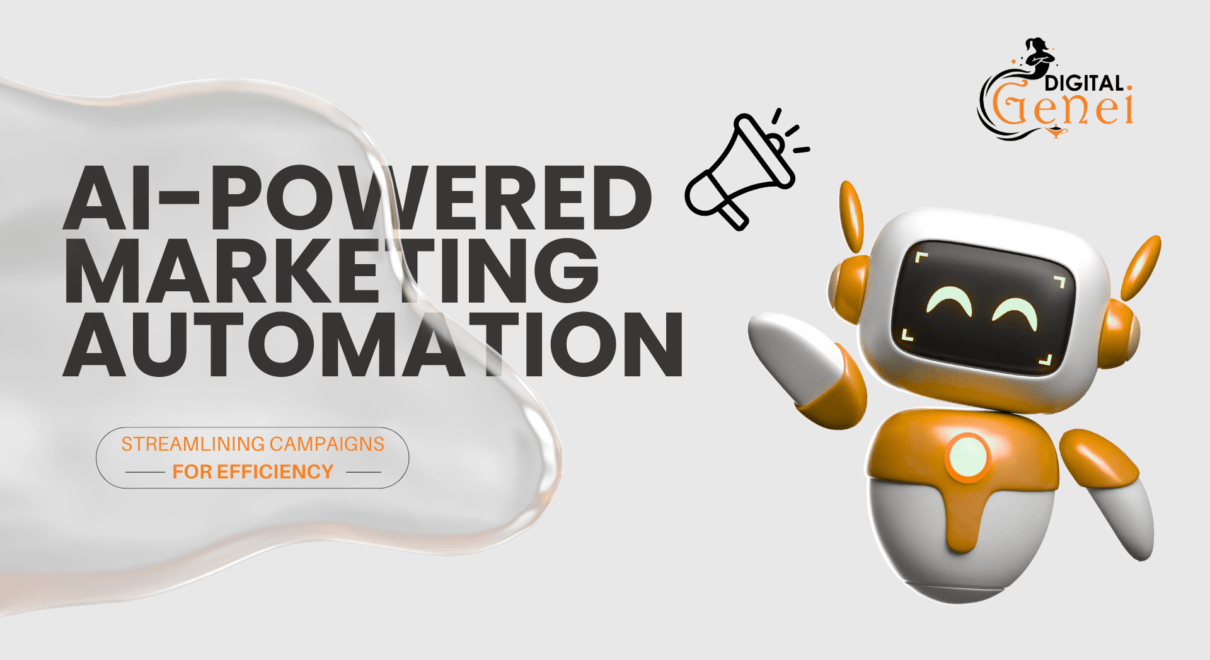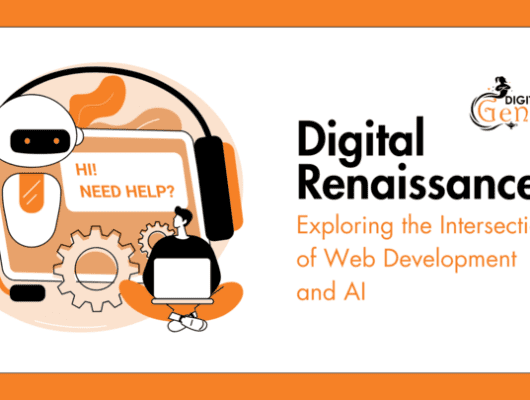AI-Powered Marketing Automation: Streamlining Campaigns for Efficiency
How can businesses keep up with the demands of modern marketing while maintaining efficiency and effectiveness? The answer lies in AI-powered marketing automation. By leveraging artificial intelligence (AI), companies can streamline their marketing campaigns, enhance customer engagement, and achieve better results with less manual effort.
The Emergence of AI in Marketing
The integration of AI into marketing is transforming how businesses operate. AI technologies like machine learning, natural language processing, and predictive analytics are enabling marketers to automate and optimize various aspects of their campaigns. As Bill Gates famously said, “The future of advertising is the Internet,” and with AI, this future is becoming smarter and more efficient.
What is AI-Powered Marketing Automation?
AI-powered marketing automation uses artificial intelligence to automate repetitive marketing tasks, analyze data, and make data-driven decisions. This includes everything from email marketing and social media management to customer segmentation and personalization. By automating these processes, businesses can save time, reduce costs, and improve the overall effectiveness of their marketing efforts.
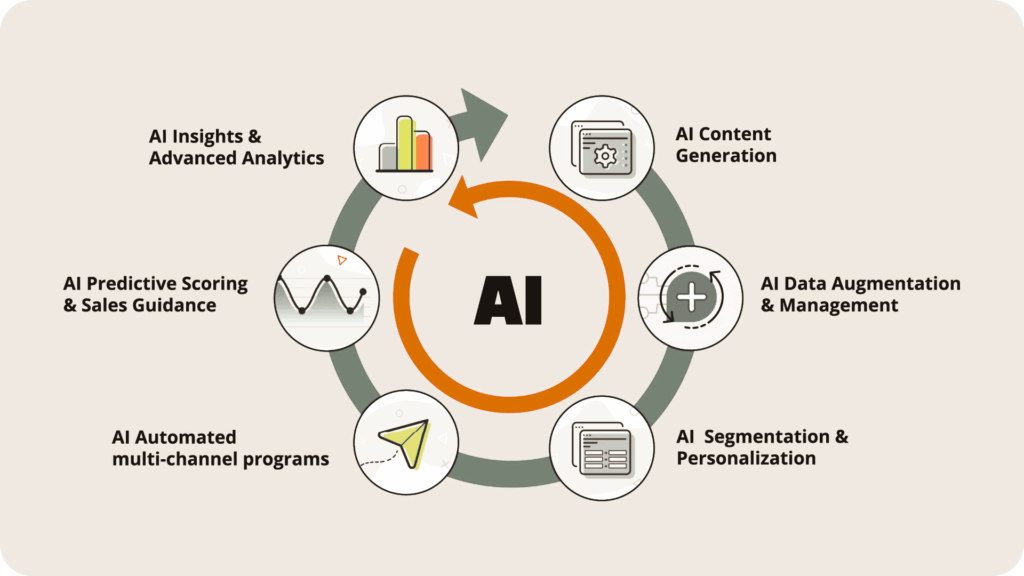
The Benefits of AI-Powered Marketing Automation
Implementing AI-powered marketing automation offers numerous advantages:
1. Enhanced Personalization:
AI can analyze vast amounts of data to understand individual customer preferences and behaviors. This enables businesses to deliver highly personalized content and offers. As Jeff Bezos, founder of Amazon, said, “If you do build a great experience, customers tell each other about that. Word of mouth is very powerful.”
2. Improved Efficiency:
Automating repetitive tasks such as email campaigns, social media posts, and data analysis frees up valuable time for marketers to focus on strategic initiatives. This leads to greater productivity and more efficient use of resources.
3. Better Decision-Making:
AI-powered tools can analyze data and provide insights that help marketers make informed decisions. Predictive analytics can forecast trends and customer behavior, allowing businesses to stay ahead of the curve.
4. Higher ROI:
By optimizing marketing efforts and targeting the right audience with personalized content, AI-powered automation can significantly increase return on investment (ROI). According to a study by McKinsey, companies that leverage AI in marketing see up to a 20% increase in sales and a 30% reduction in marketing costs.
Key Components of AI-Powered Marketing Automation
1. Predictive Analytics
Predictive analytics uses AI algorithms to analyze historical data and predict future trends. This helps marketers understand customer behavior, anticipate market changes, and make proactive decisions. For example, AI can predict which products a customer is likely to purchase next, allowing businesses to tailor their marketing efforts accordingly.
2. Customer Segmentation
AI can segment customers based on various criteria such as demographics, behavior, and preferences. This enables marketers to create targeted campaigns that resonate with specific audience segments. Effective segmentation leads to higher engagement and conversion rates.
3. Personalized Content Creation
AI-powered tools can generate personalized content for individual customers. By analyzing user data, AI can determine the most relevant messages, offers, and recommendations for each customer. This level of personalization enhances the customer experience and drives loyalty.
4. Automated Campaign Management
AI can automate the entire campaign management process, from planning and execution to monitoring and optimization. This includes scheduling social media posts, sending personalized emails, and analyzing campaign performance. Automation ensures consistency and timeliness in marketing efforts.
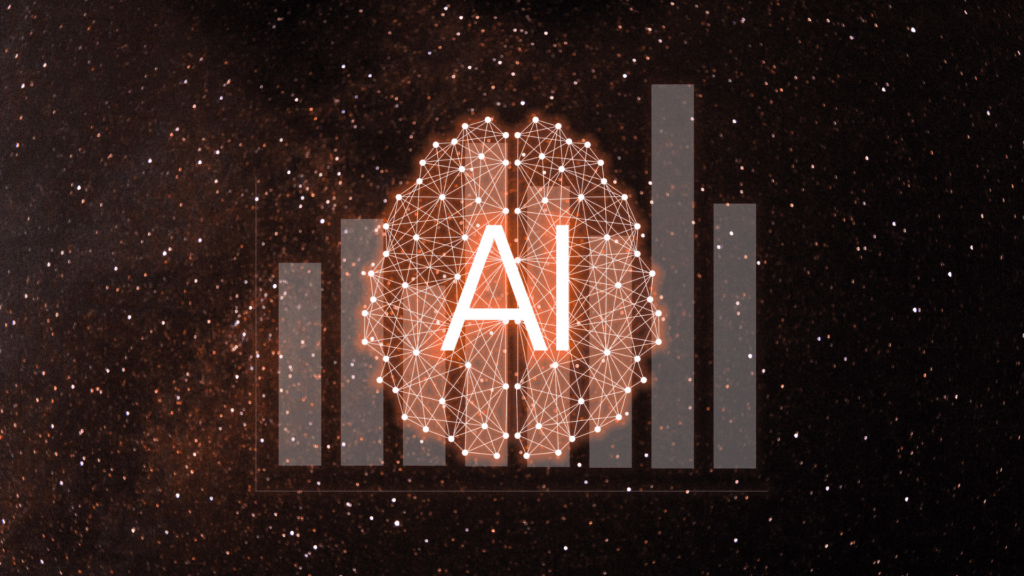
Implementing AI-Powered Marketing Automation
1. Define Your Goals
Before implementing AI-powered marketing automation, it’s essential to define your goals. Identify the specific tasks you want to automate and the outcomes you hope to achieve. This will guide your choice of tools and strategies.
2. Choose the Right Tools
There are various AI-powered marketing automation tools available, each with its unique features and capabilities. Choose tools that align with your goals and integrate seamlessly with your existing systems. Some popular options include HubSpot, Marketo, and Salesforce.
3. Train Your Team
Implementing AI-powered automation requires a certain level of expertise. Train your marketing team on how to use the new tools and understand the insights generated by AI. This will ensure that your team can effectively leverage AI to enhance marketing efforts.
4. Monitor and Optimize
Continuously monitor the performance of your AI-powered marketing automation tools. Use analytics to track key metrics and identify areas for improvement. Regularly optimize your strategies based on the insights provided by AI to achieve better results.
Conclusion: The Future of Marketing Efficiency
AI-powered marketing automation is revolutionizing the way businesses conduct their marketing campaigns. By automating repetitive tasks, personalizing customer interactions, and providing valuable insights, AI enables marketers to work smarter, not harder. As you embrace AI-powered automation, remember the words of Steve Jobs: “Innovation distinguishes between a leader and a follower.” In the rapidly evolving world of digital marketing, AI-powered automation is the innovation that can set your business apart.
